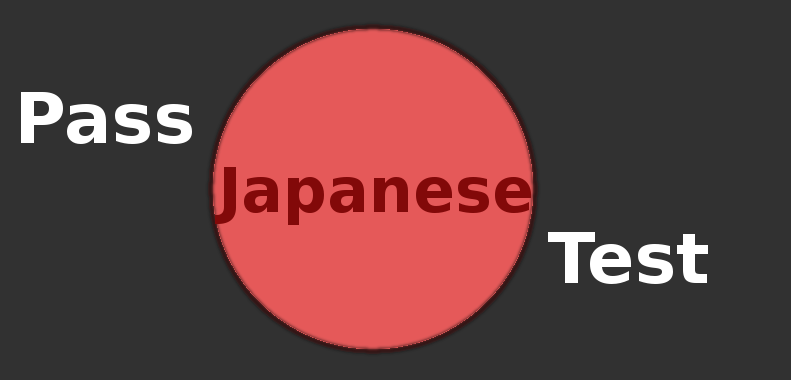One of the best ways to experience Japan is by doing some of your university studies here. You can earn your degree, or credits towards a degree, while experiencing Japanese language and culture. Also, the many university “circles” (Japanese social organizations and clubs) and sports teams combined with good food and drink make it a lot of fun. Most universities have great support systems in place for international students. You always have somewhere to ask questions like “How do I open a bank account?” or “What does this notice from the utility company mean?”
One question that people often have is “Do I need the JLPT to study at a Japanese university?” That depends on what type of program you are entering. I’ll give some general guidelines, but it is always best to check with the prospective university because rules differ.
Do I need the JLPT to do an inter-university exchange?
These are usually two-way exchange programs where students from your home university get to study at a Japanese partner university for a semester or two and visa versa. These programs are often designed to give the participants a way to experience a foreign culture.
To make them accessible, there is usually no JLPT requirement to participate. Classes at the Japanese university are often given in English. But, you should check with your university as to the details of the exchange program.
Do I need the JLPT to enter a Japanese university? (classes taught in English)
This is not an exchange program. You actually become a student of and graduate with a degree from a Japanese university. The difference from being a regular Japanese student is that your classes will be–at least they should be–in English. These programs are often found at the graduate level or in undergraduate studies in majors like international business. Since classes are–or should be–in English, the JLPT is not required.
Personal Aside
I attended one of these English-based programs here in Japan. One word of caution is that not all classes on the syllabus are necessarily offered fully in English. Although the program was supposed to be English-based, there were very few international students in my department. I ended up being the only international student in many of my classes, which were full of Japanese students. So, all my classes were lectured in Japanese…some professors were nice enough to write on the blackboard in English. These were some of the hardest classes I’ve ever taken because of the language.
Do I need the JLPT to enter a Japanese university? (classes taught in Japanese)
Here you are going to be a student of and graduate from a Japanese university. You will study alongside regular Japanese students and all of the classes will be in Japanese.
Some universities require that you pass the JLPT N1 before applying. I have seen some cases that require only the N2 level as a prerequisite to science/engineering majors. But, I can’t imagine a case where someone can’t pass the N1 but can successfully complete their coursework. Consider that to pass your classes you will need to do:
- Learn in Japanese
- Write reports and probably a long graduation thesis in Japanese
- Take tests in Japanese
- Make presentations in Japanese
- (Pass the university entry exam, which is in Japanese)
Intensive language study before starting courses
Some universities such as Osaka University offer a semester of intensive language study preceding normal university classes. The language study is meant to prepare the student to take university level classes taught in Japanese. In these cases you can probably get away with just the N2 before being admitted. However, you still need to pass a university entrance exam.
I have personally known more than a few people who have gone this route. All are native speakers of languages much closer to Japanese than English (Korean, Chinese, etc.). This route seems very challenging; I wouldn’t survive. Those who are actually able to do all of their coursework in Japanese and receive a diploma from a Japanese university are rewarded with the option of a lifelong career in Japan. Unlike intra-company transfers or people working in English, they can work at any company and are not hindered by a lack of Japanese ability.
Bonus: Japanese Language Study
I am labeling this as a bonus because it is not an option at any full-fledged university I am aware of. This is a program dedicated specifically to studying Japanese and is only available at Japanese language schools.
If you are interested in learning Japanese, in my opinion, this is one of the best and most direct ways to do it. There is no need to clutter your schedule with classes about other subjects. You get to spend 100% of your time and effort studying Japanese.
As to whether you need to pass a certain level of the JLPT, you should consult the specific language school you are looking at. From what I have seen, usually the lower levels do not require any JLPT. High level, highly intensive programs may require N2 (or even N1). What is more likely is that the language school has their own placement exam that prospective students need to take before starting classes.
